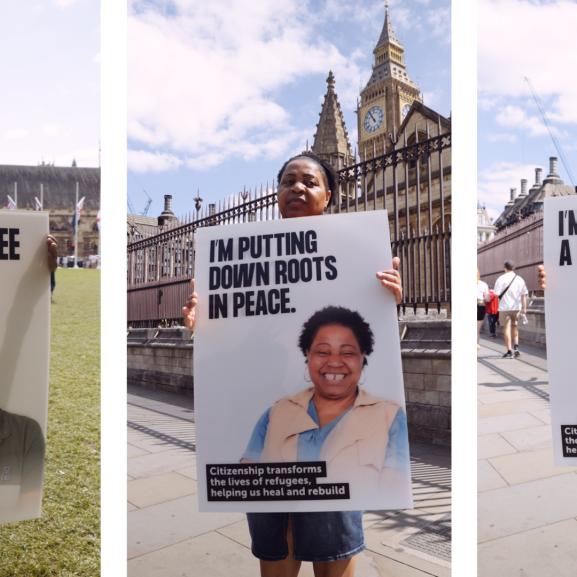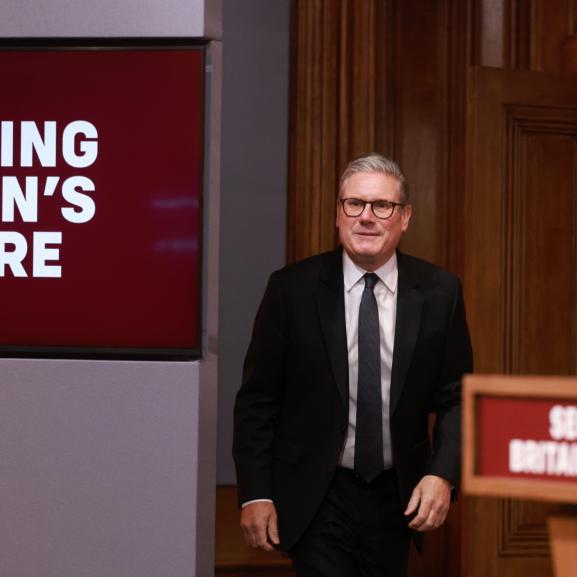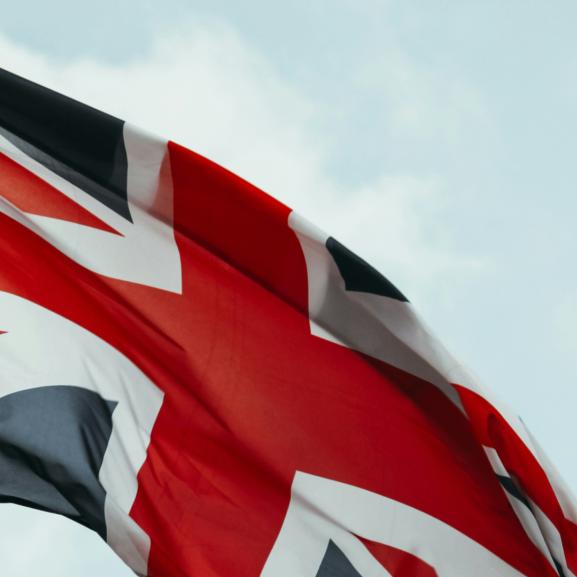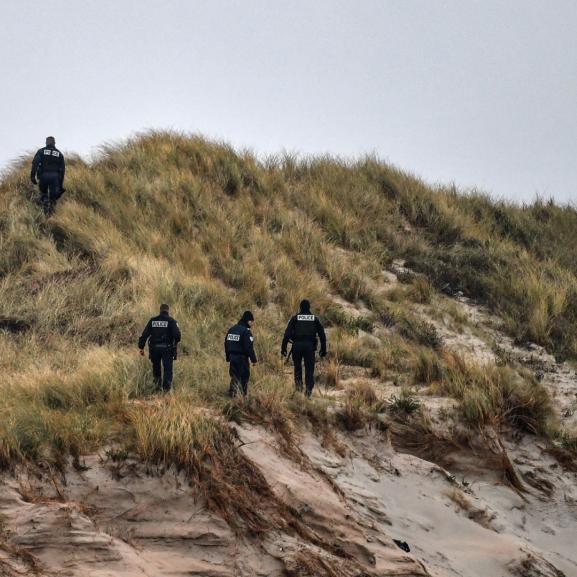UK parliament tells government: UK must do more to ensure end to impunity in Sri Lanka
The importance of ensuring an end to impunity and ongoing abuses in Sri Lanka reverberated in Westminster today with an excellent and well-attended parliamentary debate on human rights in the country.
MP after MP from all three major parties rose to draw attention to the clear failure by the Sri Lankan government – and in turn the international community - to ensure accountability for war crimes and prevent ongoing torture and disappearances, despite a growing clamour among victims, human rights activists and decision-makers alike for the need for an international investigation to be launched. Parliamentarians pressed the UK government to step up to the plate and ensure Britain is doing what it can to move the situation forward.
For Government Ministers in London, this is not simply a peripheral issue of terrible things happening far away from British shores, but directly relevant to both UK home affairs and foreign policy: the British government continues to return Tamils who have been refused asylum in the UK to Sri Lanka, despite great concerns that they could face a serious risk of torture on return. Siobhain McDonagh MP asked: “What message does Britain send to the world when it sends Tamils back to Sri Lanka and fails to support the UN Secretary General’s Panel of Experts report [which recommended an international investigation into war crimes in Sri Lanka]?”
Accountability: robust action at the Human Rights Council needed
So what progress have we seen to date toward securing justice in Sri Lanka, MPs asked? The recent Lessons Learnt and Reconciliation Commission report – the fruits of a highly-criticised domestic accountability process set up by the Sri Lankan government – came in for some scrutiny; Shadow Foreign Office Minister Kerry McCarthy MP, for example, flagged that there was no mention at all of torture within the report, while Siobhain McDonagh suggested that the LLRC is an attempt to “brush war crimes under the carpet”. Foreign Office Minister Alistair Burt, who was formally responding for the government within the debate, argued that the LLRC “does form the basis for progress, but implementation of its recommendations is the real test...but more must be done on accountability” following the credible allegations of violations of international law which have been amassed. The UK government’s approach is to work both with the Sri Lankan government and other international partners.
Mike Gapes MP, a member of parliament’s Foreign Affairs Committee, was among those using their interventions to call for UK action within the Commonwealth and at the UN to work towards an independent international inquiry. Virendra Sharma MP emphasised how important it is that an independent investigation is initiated, “as victims and their families deserve to know the truth about what happened” and perpetrators must be held to account; while Lee Scott MP told those gathered that he would personally be travelling to Geneva for the upcoming session of the Human Rights Council to push for action at an international level. Alistair Burt later confirmed to the MPs that, as suggested, the US is drafting a resolution on Sri Lanka for the Human Rights Council and the UK would likely support it.
The UK government has sufficient influence to do a great deal more on the international stage than simply signing a resolution, for example in mobilising a wide range of states for action: let us hope that there is a lot more going on behind closed doors than the Minister’s response suggests.
Inconsistent UK practice to protect Sri Lankans forcibly returned
A good number of the MPs speaking acknowledged that human rights abuses continue unabated in Sri Lanka, despite the Sri Lankan government’s protestations. Barry Gardiner MP said “it is not a matter simply of looking back at the period before and during the civil war”. In November last year, the UN Committee Against Torture raised serious concerns about ongoing torture in Sri Lanka, following the presentation of evidence by Freedom from Torture and other human rights organisations. Freedom from Torture had provided forensic documentation of the torture of a significant number of Tamil survivors after the end of the civil war - many of whom had been tortured on their return to the country after periods abroad - and has been continuously calling on the UK government to ensure robust safeguards are in place, including monitoring, to protect those at risk on return.
Freedom from Torture has just brought to light today the fact that even the basic safeguards which are afforded to those forcibly removed on “mass removal” charter flights – namely being met by British High Commission officials and given a small assistance package to pay for onward travel within Sri Lanka – do not apply to individuals being forcibly returned on scheduled passenger flights. Freedom from Torture believes that this inconsistent practice has placed those returning on scheduled flights at an even greater risk of detention and torture on return. Following detailed questions on the UK returns policy from Virendra Sharma MP, Alistair Burt publicly acknowledged this discrepancy in the Westminster Hall debate and said that he had now asked his colleagues at the British High Commission in Sri Lanka to ensure the same reception package for all those being returned, including being met at the airport “where practicable” – not just from the charter flights. This is of course an important step – but the UK needs to go further and see that arrangements to ensure that returning Tamils are not subjected to serious abuses don’t just end at the airport, given the continuing risks that exist.
Attention now turns to the beginning of next week, when both UK and Sri Lankan Government Ministers will address the Human Rights Council on 27th February, with a charter flight due to remove Sri Lankans from the UK the following day. It is clear that a significant number of parliamentarians will be watching the UK government’s actions closely.
Watch the full debate here.





